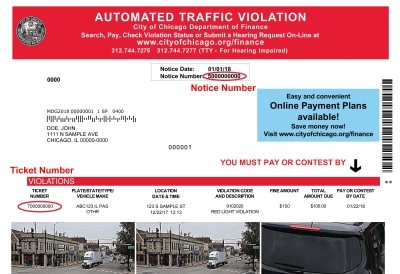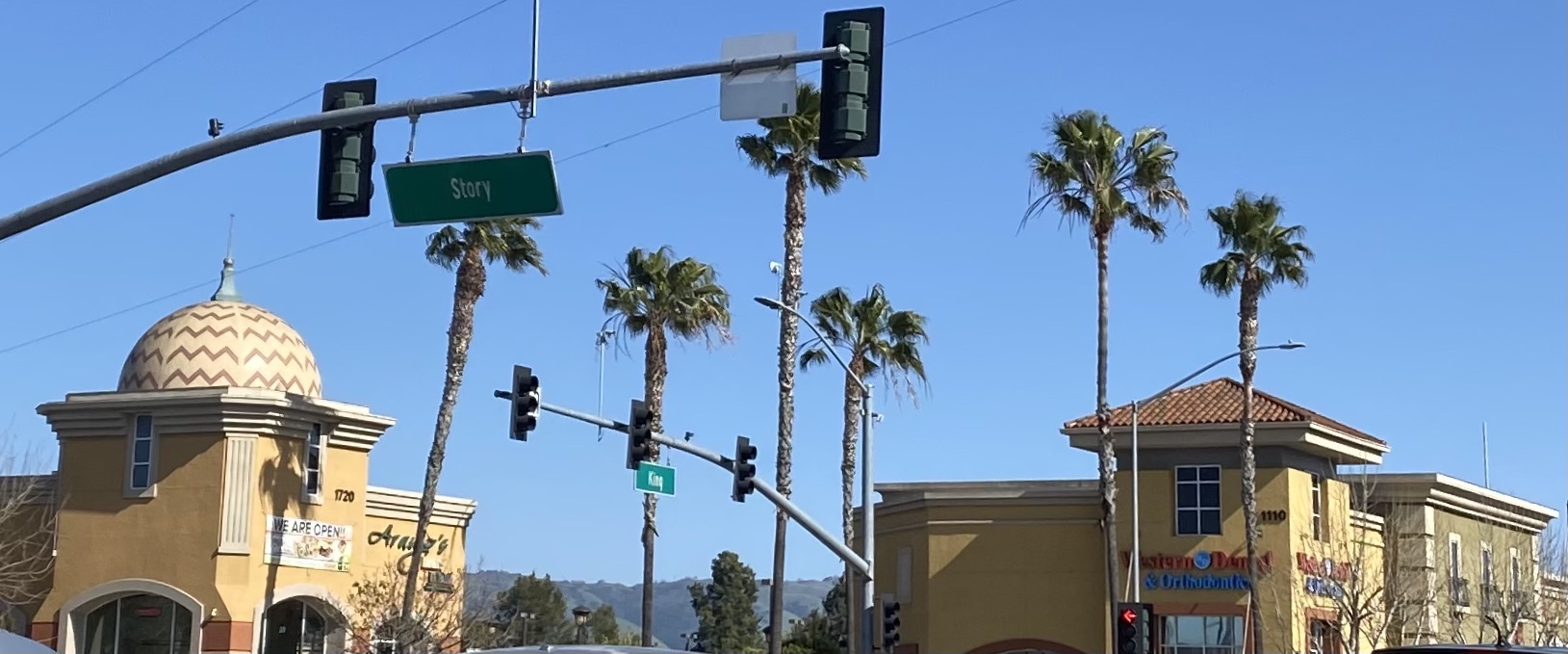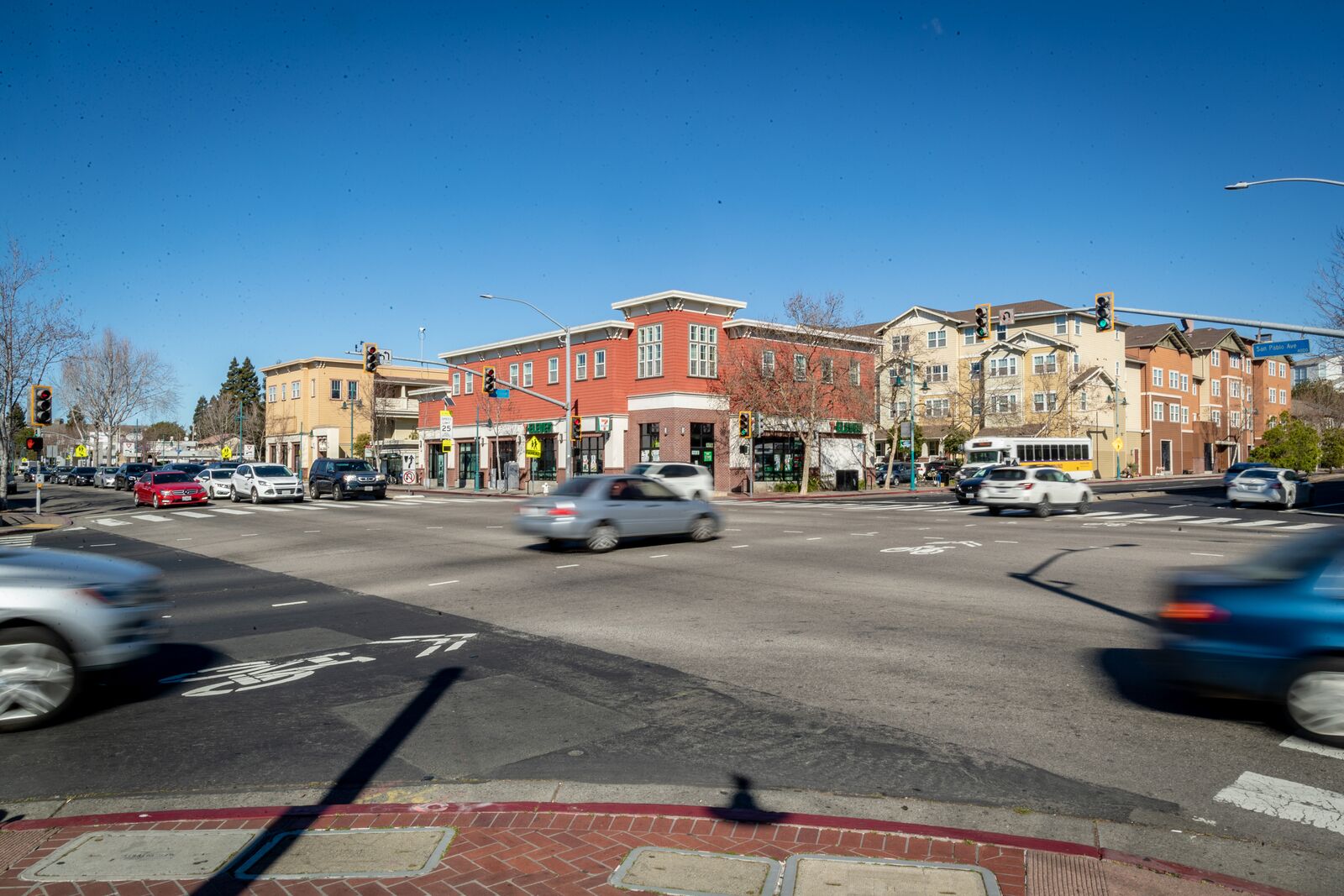2026 Status: The City of Chicago’s “eContest” system is fully active for 2026. The defenses below have been verified as valid for tickets issued this year.
That feeling in your stomach when you open the mail and see the City of Chicago logo is awful. You’ve received a $35 or $100 “Automated Speed Enforcement Violation.”
Your first instinct is probably to just pay it to make it go away. This is what the city is counting on.
But you have rights, and the system for issuing these tickets is not perfect. Many tickets can be fought and won. Before you send the city your money, here is your 5-step guide to fighting back.
Step 1: Understand What Your Ticket Is (and Isn’t)
First, let’s get one important thing straight:
A Chicago speed camera ticket is a civil penalty, NOT a moving violation.
This means:
- It does NOT add points to your driver’s license.
- It does NOT get reported to your car insurance.
It’s essentially an expensive parking ticket. Knowing this should remove the fear and allow you to make a logical decision. You are fighting over money, not your driving record.
Step 2: Act Fast—You Only Have 21 Days
The most important rule is DO NOT IGNORE THE NOTICE.
You have 21 days from the “Notice of Violation” date (the date on the letter) to request a hearing. If you miss this deadline, you are automatically found liable, and your options disappear. (Note: For 2026 citations, the city is strictly enforcing this 21-day window. Do not wait for a second notice.)
You can contest your ticket in one of three ways:
- Online (Recommended): Use the city’s “eContest” system for a virtual hearing or to submit your evidence by correspondence.
- By Mail: Send a written statement and your evidence.
- In-Person: Request an in-person hearing.
You can find all these options on the City of Chicago’s Finance Department website
Step 3: Be a Detective—Review Your Evidence
The city must provide all its evidence to you. This is your chance to find their mistakes. On the notice, you will find information on how to view your ticket’s evidence online.
This is the most critical step. Do not skip it.
Look at the photos and watch the video associated with your violation. Look for any errors, no matter how small. Ask yourself:
- Is that clearly my license plate? Is the number correct?
- Is the date, time, and location correct?
- Is the “Make” of your car listed correctly on the ticket? (More on this below)
- Is the posted speed limit sign visible in the photos or video?
- Is the sign itself un-obscured (not blocked by a tree, graffiti, or a pole)?
- Does the video show my car clearly speeding, or was I moving with the flow of traffic?
You are looking for any “inconsistency” that proves the facts on the ticket are wrong.
Step 4: Choose a Winning Defense
When you contest, you can’t just say, “I wasn’t speeding.” You must use one of the specific, legally-approved defenses.
Here are the most common defenses, ranked from most likely to win to least likely.
Winning Defense #1: The “OTHR” Mistake (A Clerical Error)
This is the best “insider” defense. Look at your ticket under vehicle “Make” (like Ford, Toyota, etc.). If it just says “OTHR” (Other), but your car’s make is clearly visible in the photo, you have a strong case to get the ticket dismissed.
Why? The city is required by law to properly identify the vehicle. Failing to list a common make is a failure to meet their own standards. This single error has led to many dismissed tickets.
Winning Defense #2: “The Facts Are Inconsistent”
This is where your detective work from Step 3 pays off. This is a formal defense where you argue the city’s evidence is flawed. Good examples include:
- “The ticket lists the location as the 100 block of Main St., but the video clearly shows my car at the 300 block of Main St.”
- “The photo shows a speed limit sign that is completely blocked by a tree branch, making it unenforceable.”
- “The violation notice states my license plate is ‘ABC-123’, but the photo clearly shows ‘ABG-123’.”
Winning Defense #3: The “I Wasn’t the Owner” Defense
This defense only works if it’s true. You can argue that you were not the owner or lessee of the car at the time of the violation. You will need to provide proof, such as a Bill of Sale showing you sold the car before the ticket date.
Winning Defense #4: The “Stolen Car” Defense
This is straightforward. If your vehicle or license plates were reported stolen before the violation occurred, you are not liable. You must provide a copy of the official police report.
A Defense That Will NOT Work: “It Wasn’t Me Driving”
Chicago’s law doesn’t care who was driving. It only cares who owns the car. As the registered owner, you are 100% liable, even if your friend, cousin, or spouse was driving. Do not use this as your defense.
Step 5: How to Stop This From Happening Again
Fighting a ticket is a hassle. Winning is great, but not getting one is better.
The city’s “6 mph” rule is designed to catch you in moments of brief inattention. A map is good, but you can’t look at it while you’re driving.
The only way to truly protect yourself is with real-time, audible alerts. That’s why we built Ticketguard. Our app runs on your phone and warns you before you enter a known speed camera zone, giving you time to check your speed and avoid a ticket.
Related Chicago Driver Guides
- Need to know where all the cameras are? See our complete Chicago Speed Camera Locations: The 2026 Interactive Map post.
- Chicago Red Light Camera Locations (Full List)


